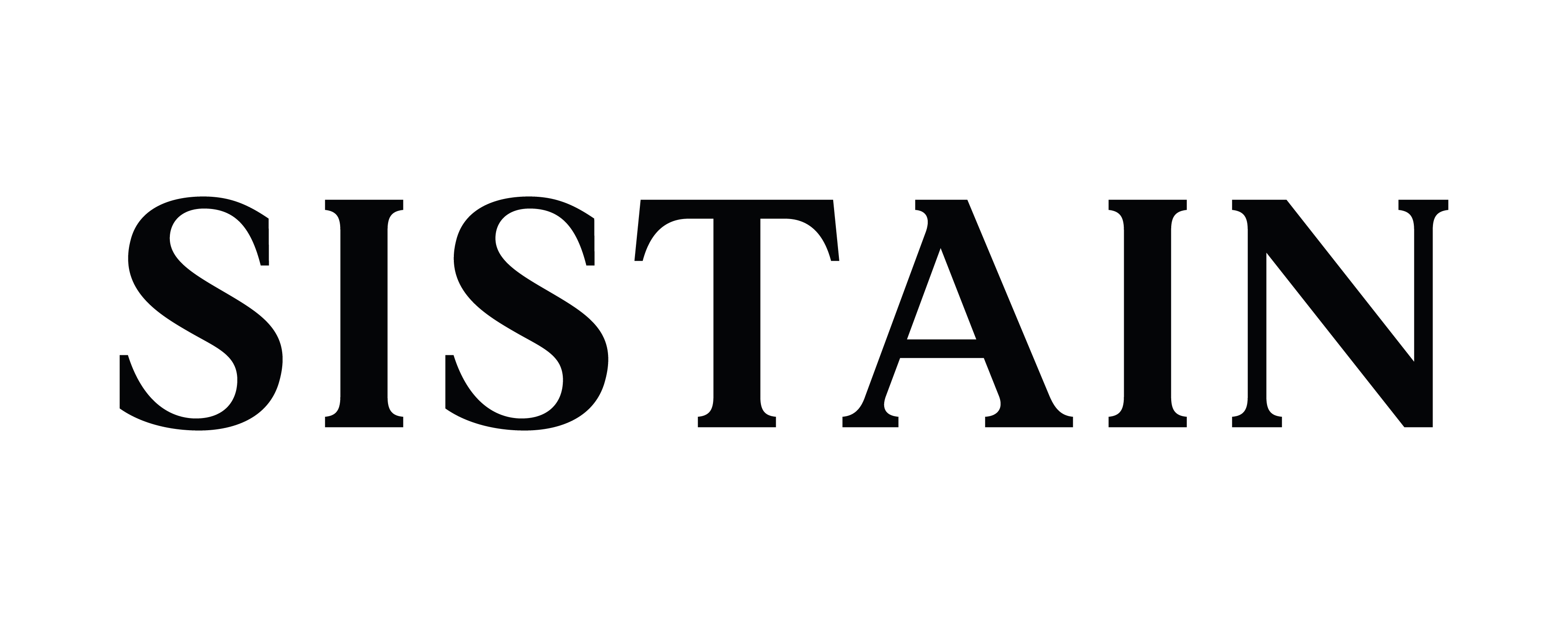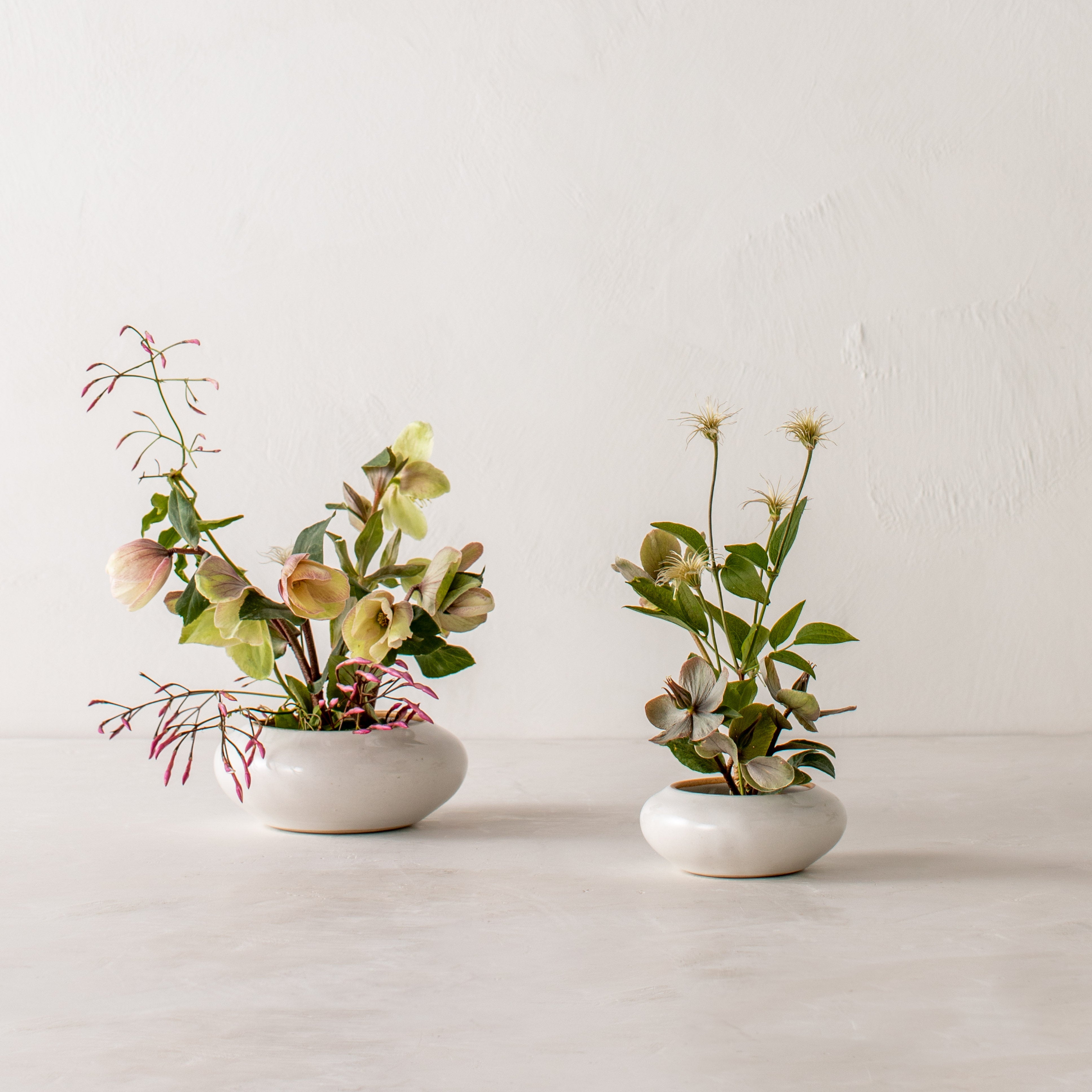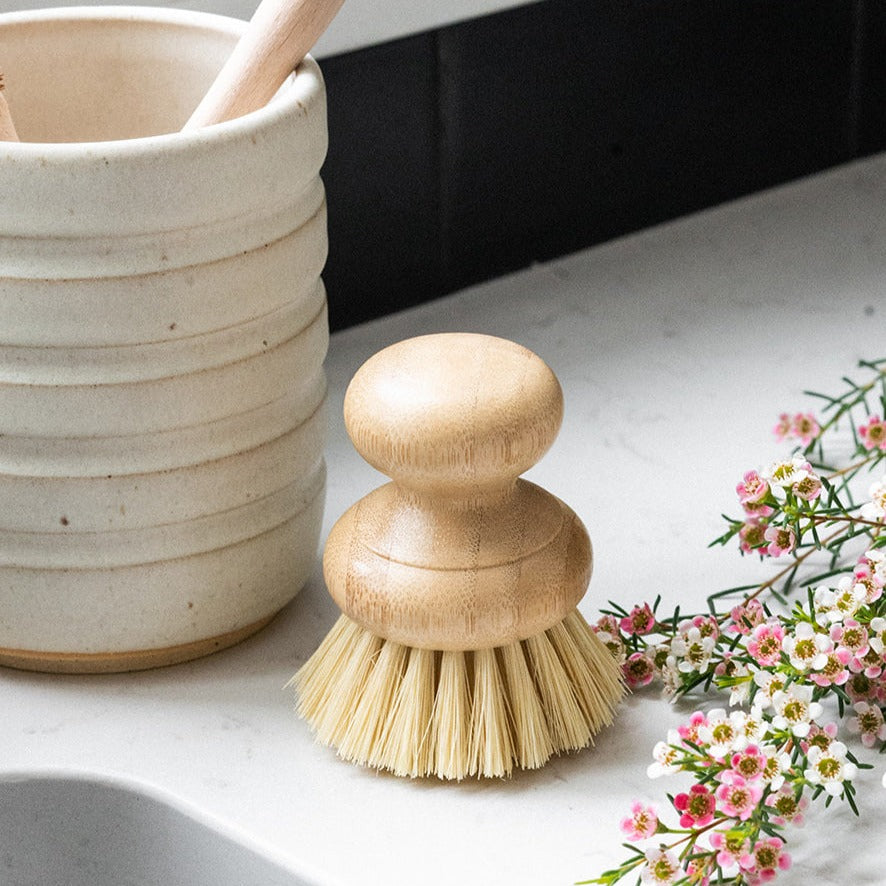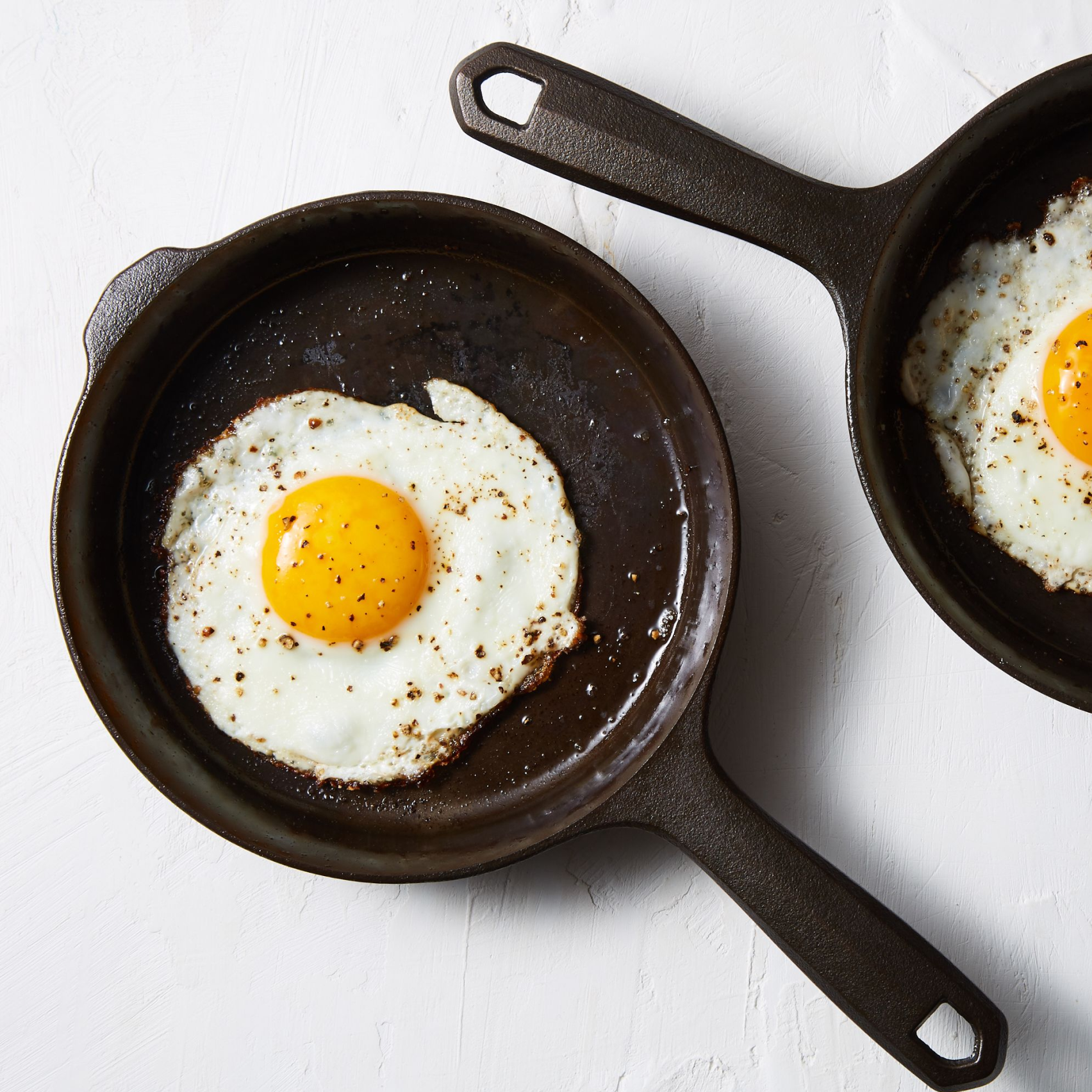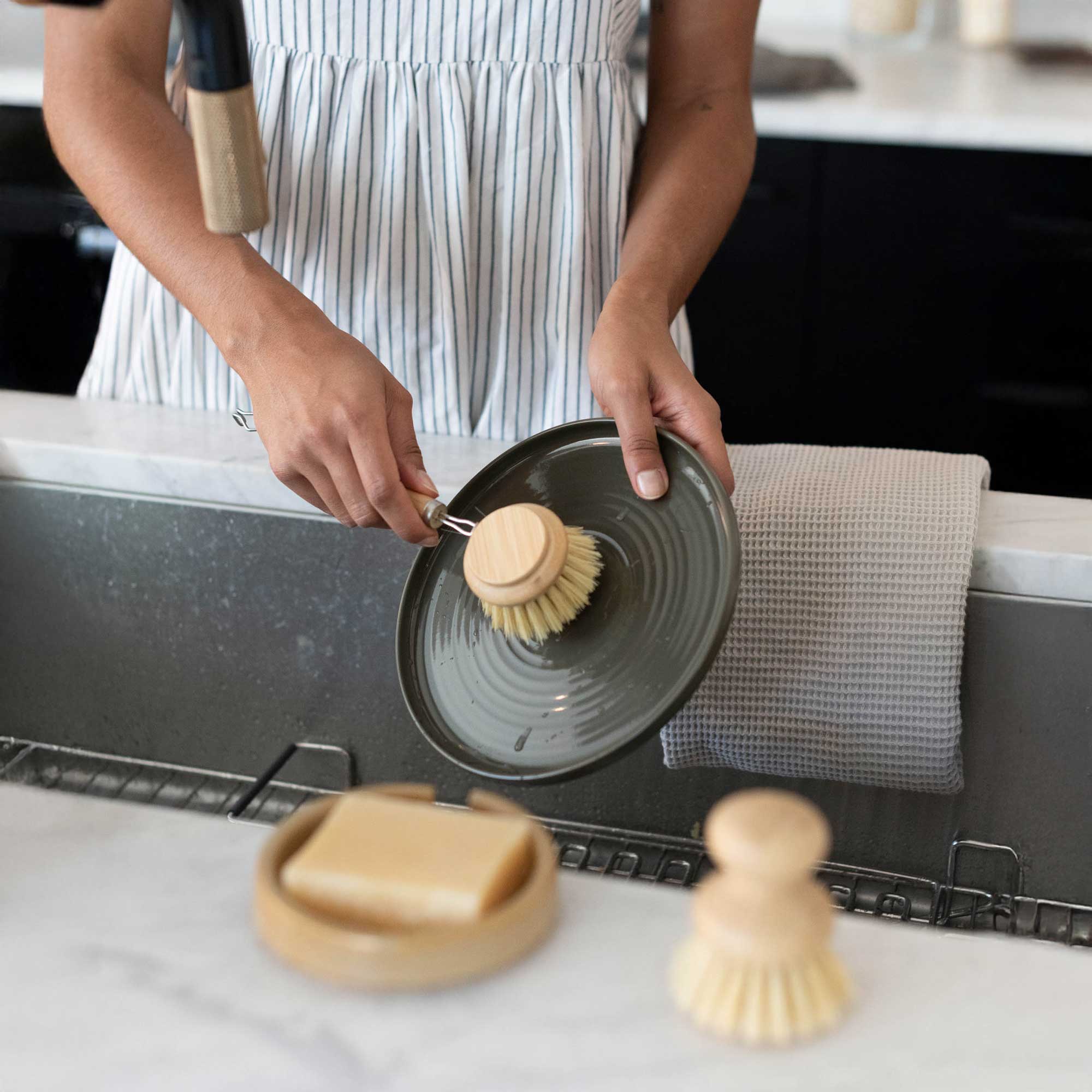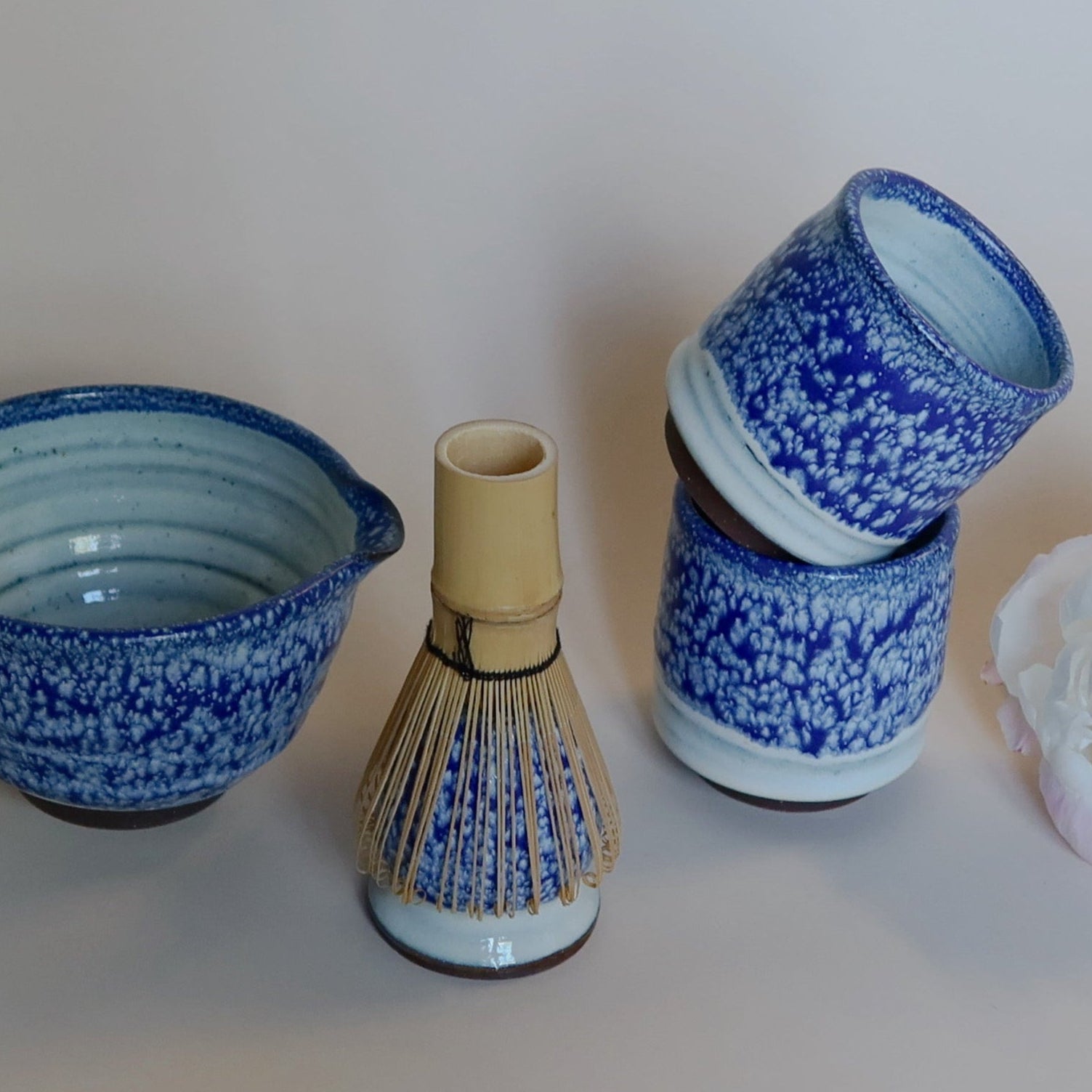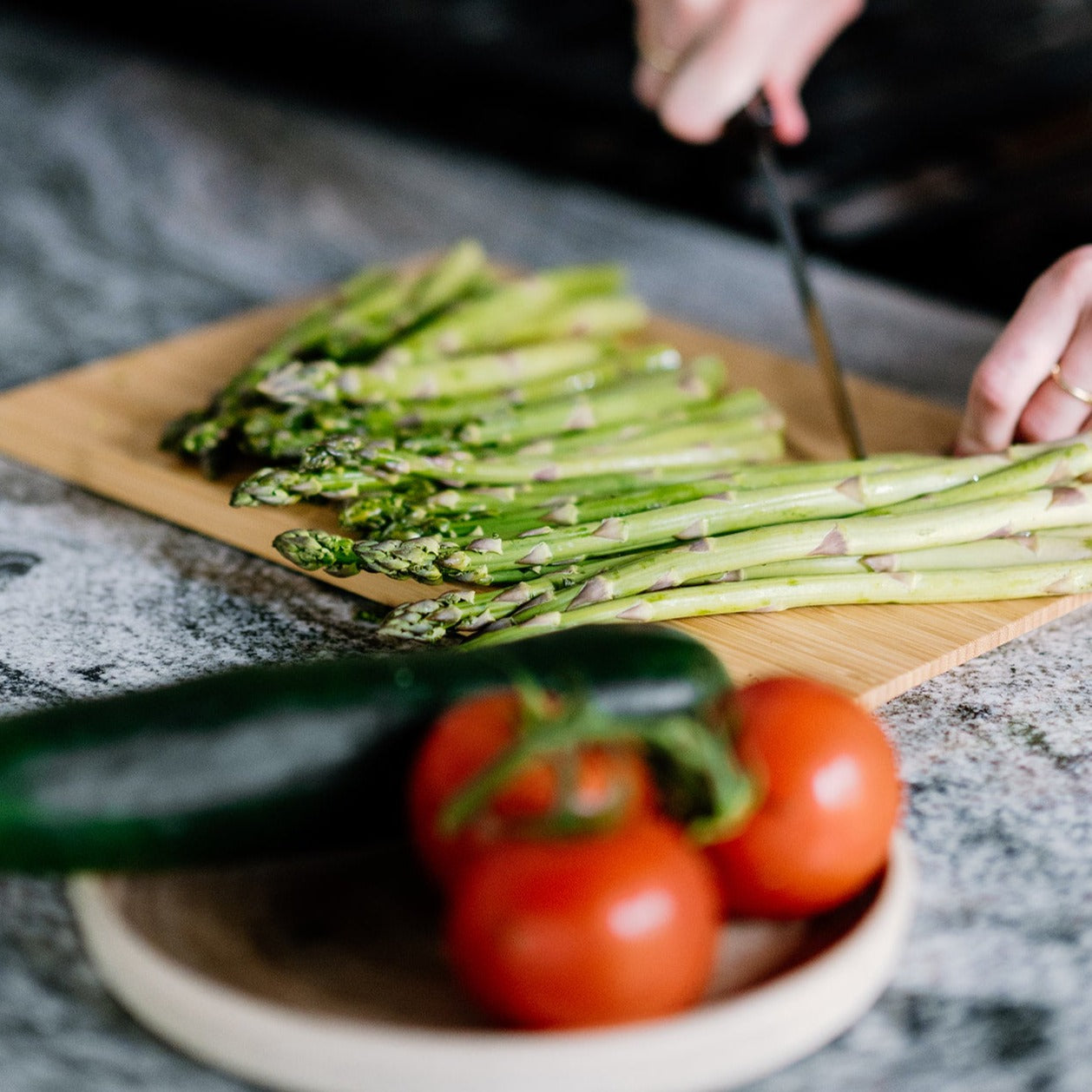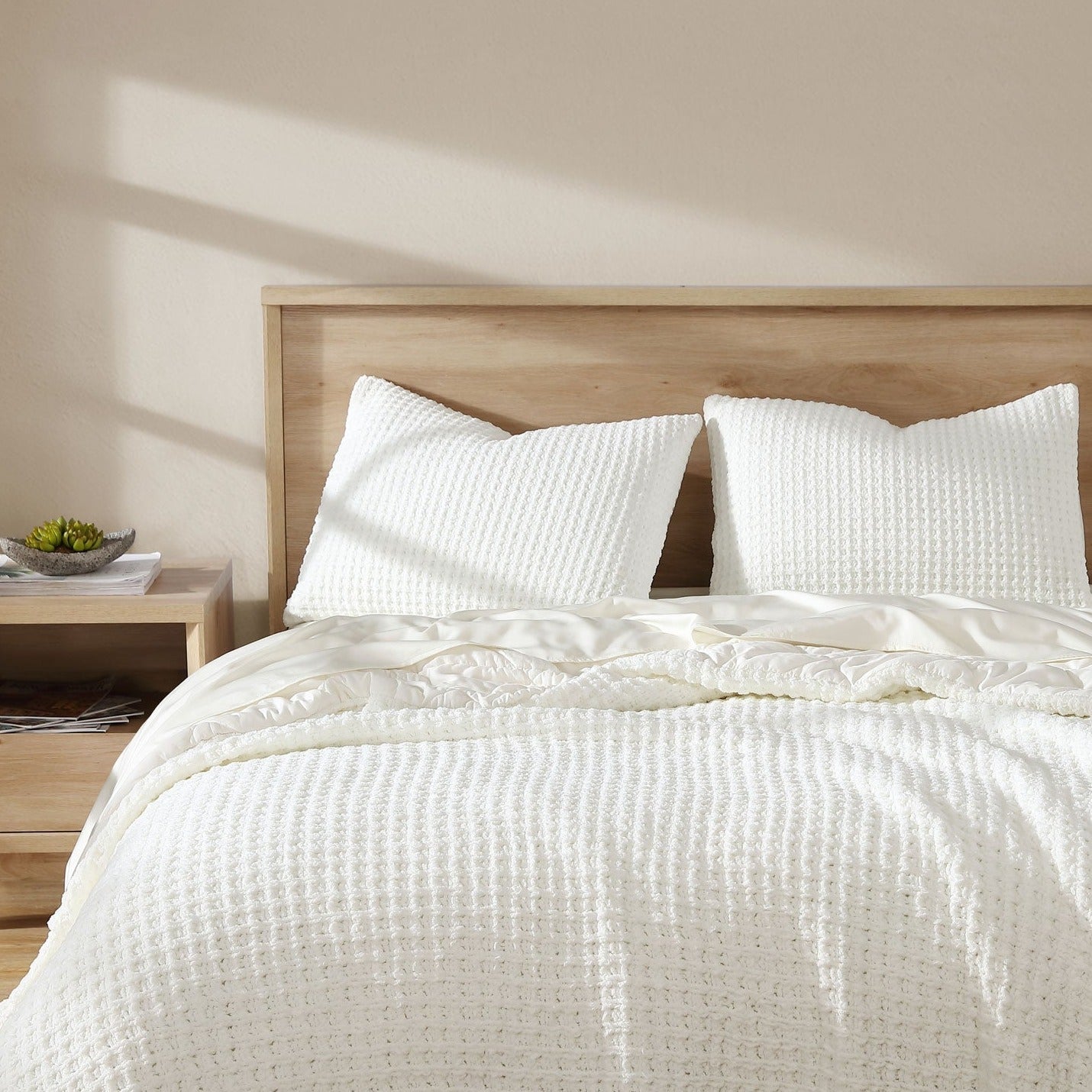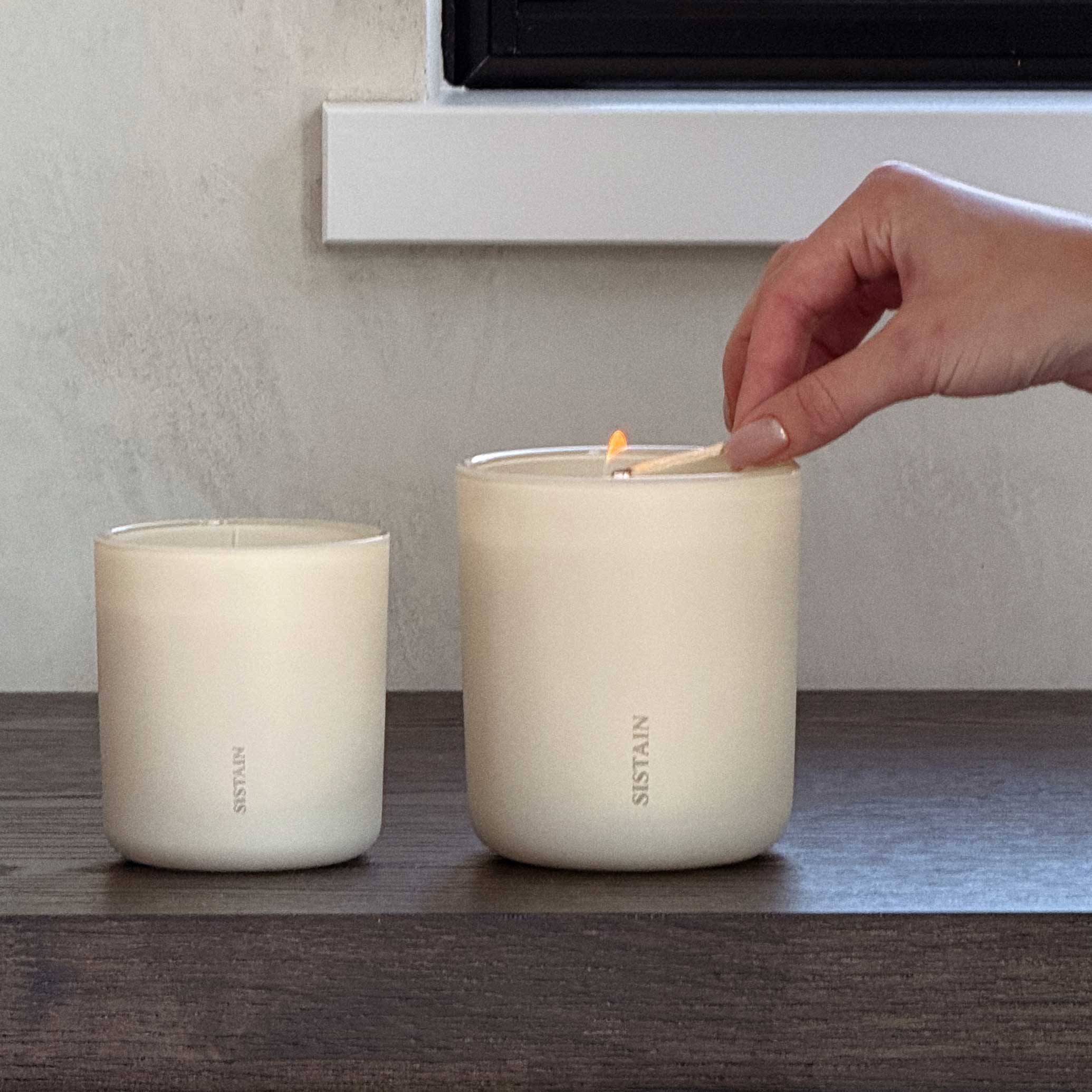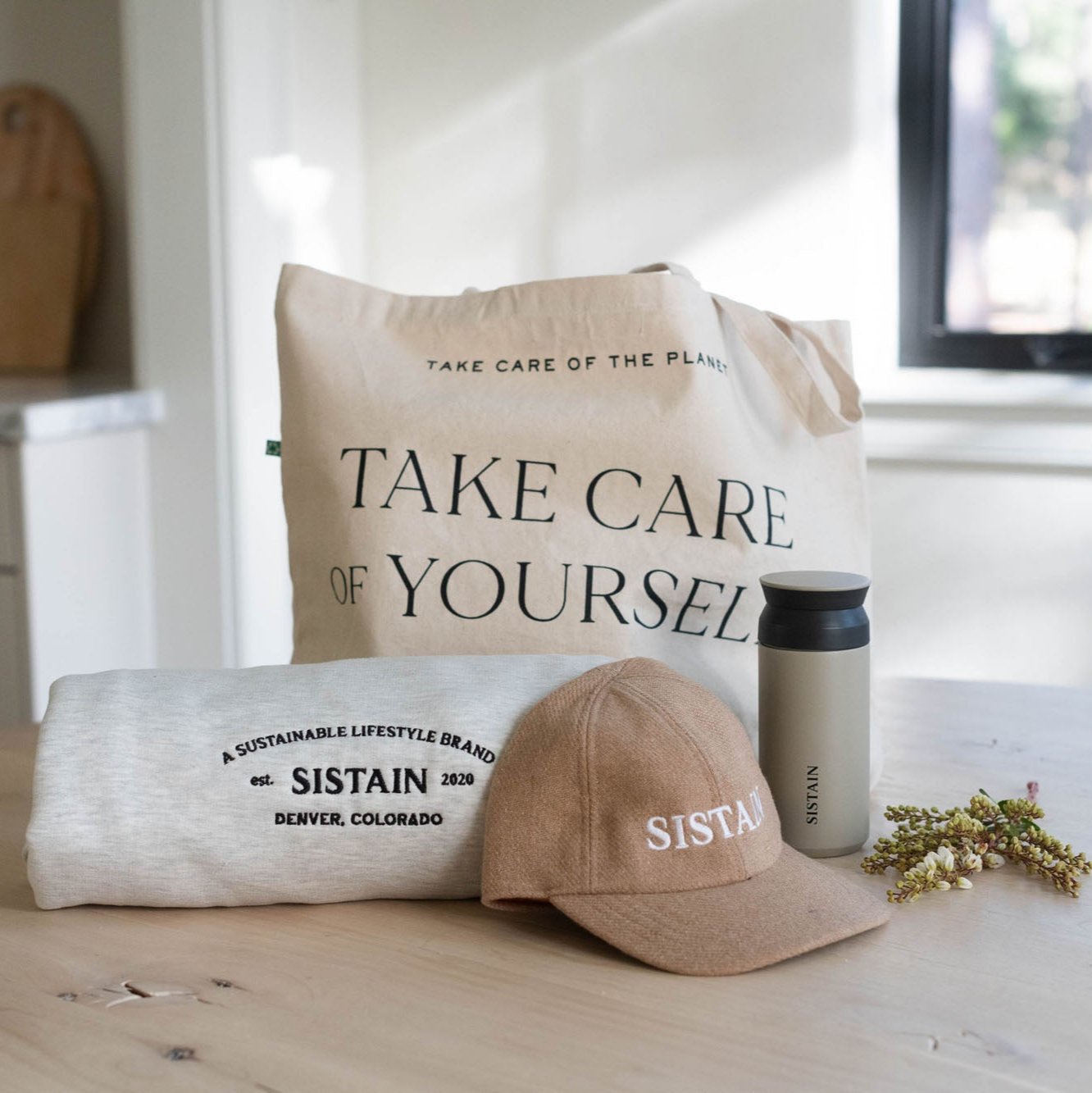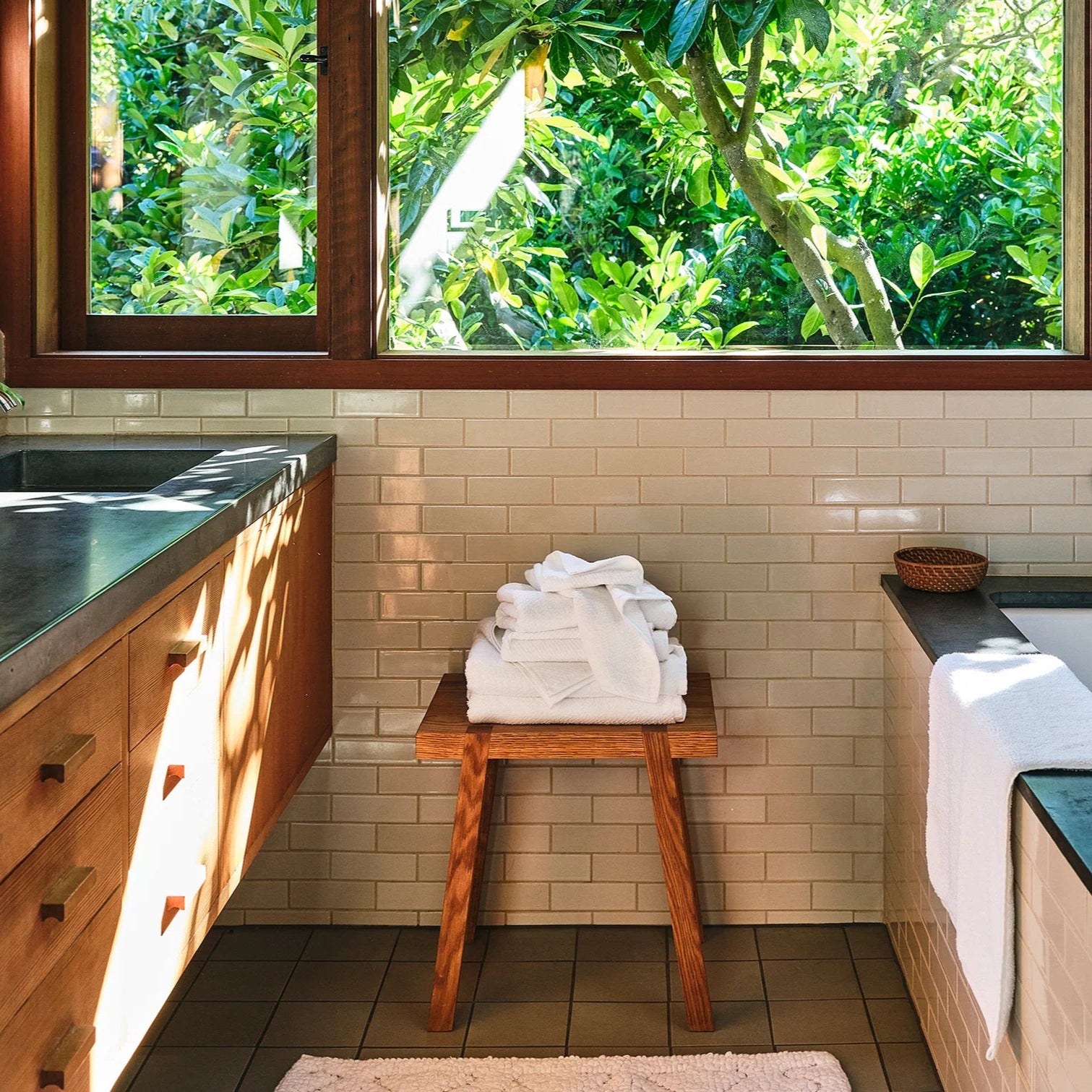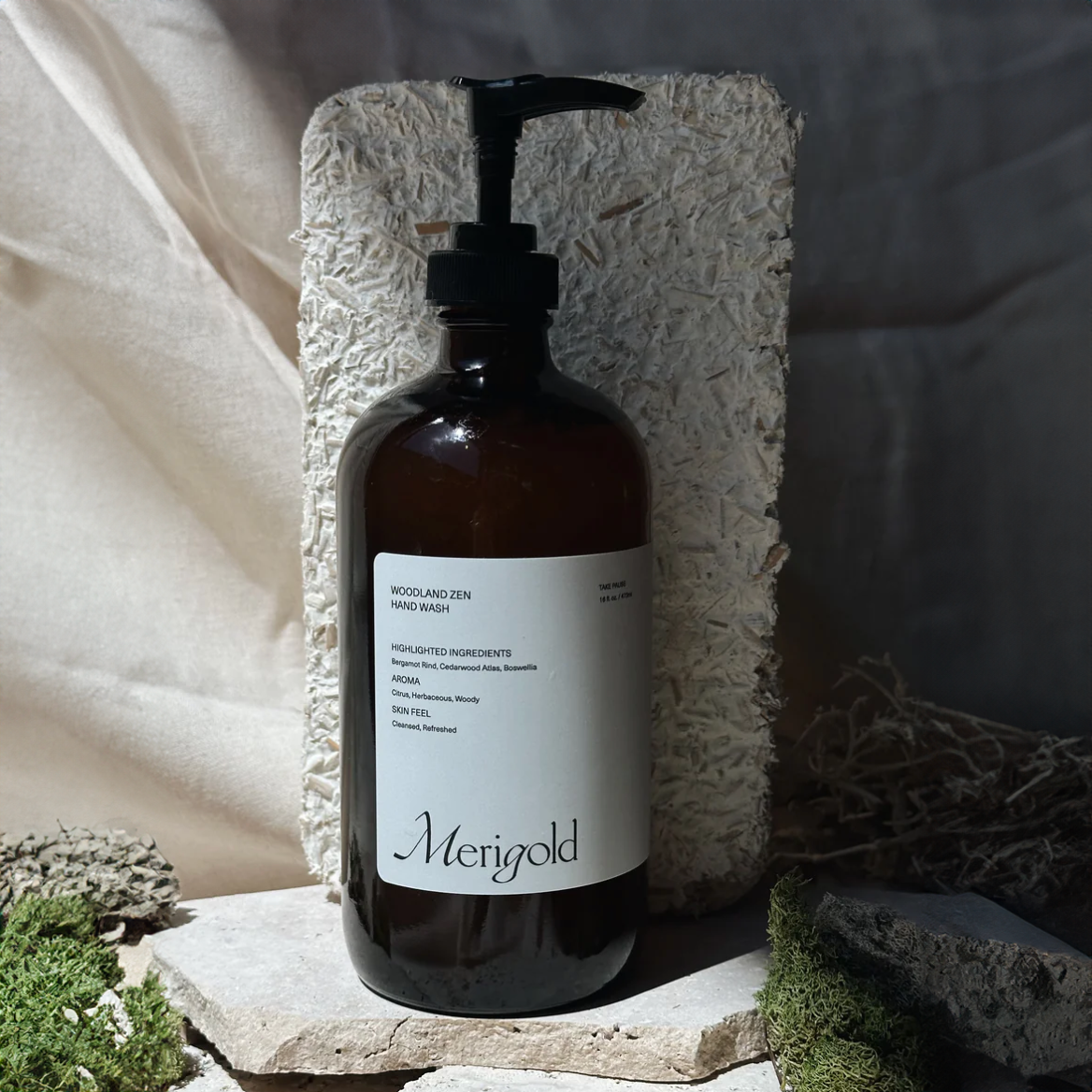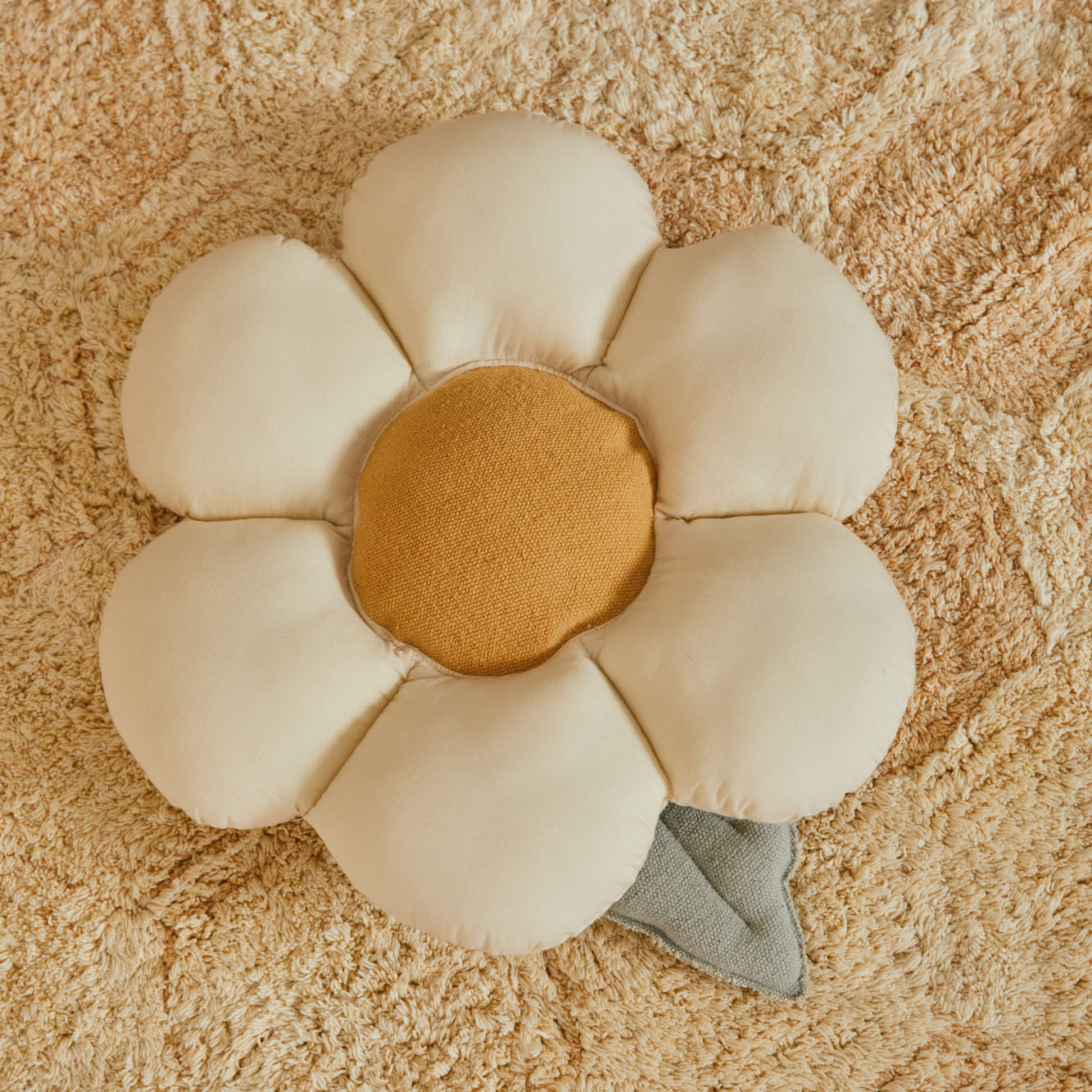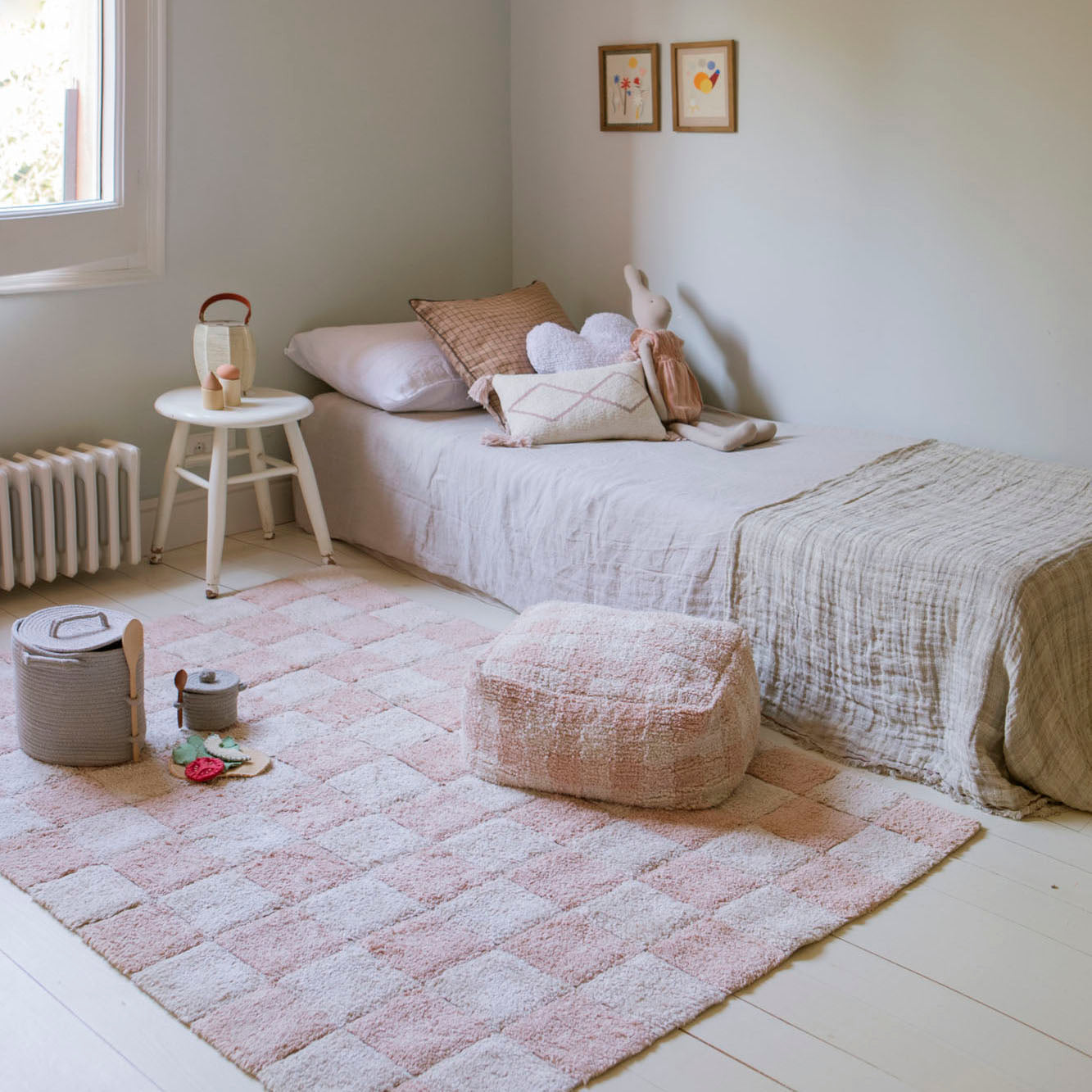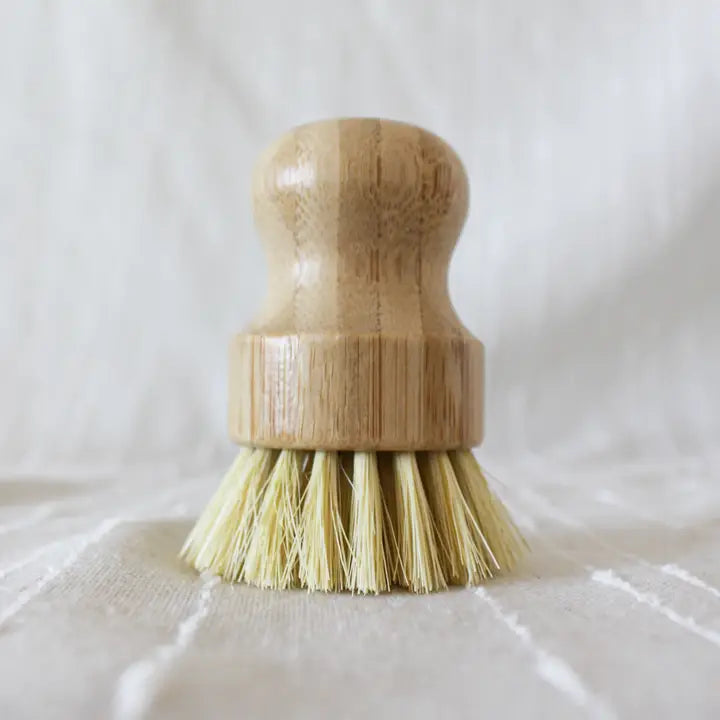
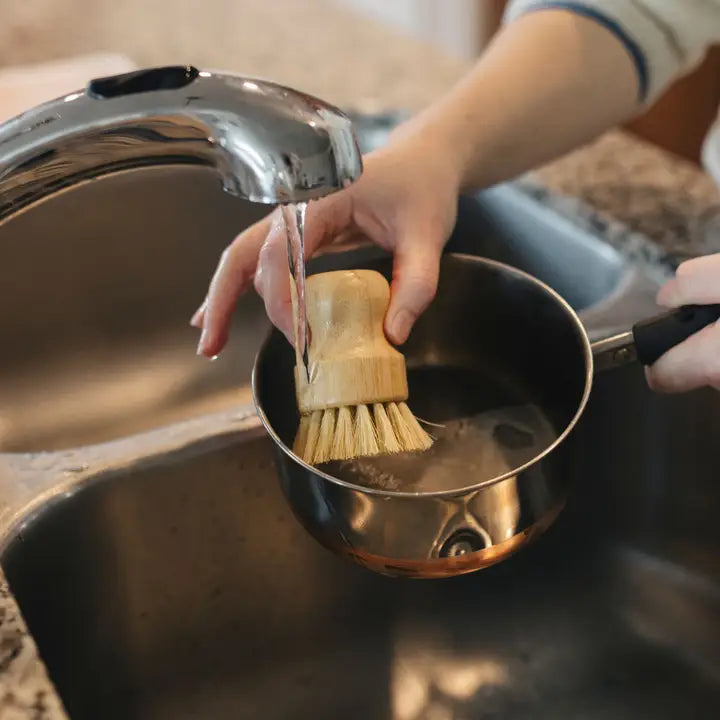
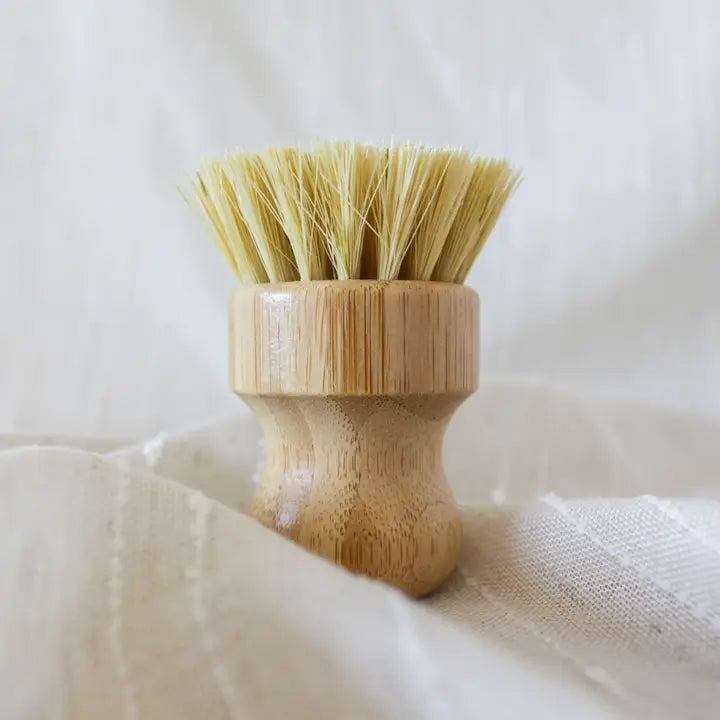
Dishwashing and Pot Scrubber Hand Brush
A gentle, plastic-free cleaning tool designed for daily use. This soft pot brush features an ergonomic beechwood handle and plant-based sisal bristles, offering effective scrubbing without scratching delicate surfaces. Ideal for pots, plates, and everyday kitchenware, it’s a long-lasting essential for your zero-waste home.
Final Sale: This item is not eligible for return or exchange.
Materials
Made In
China
Care
Sustainable Practices
Product End of Life
Fulfilled By
SISTAIN
Choose options



Materials
Made In
China
Care
Sustainable Practices
Product End of Life
Fulfilled By
SISTAIN
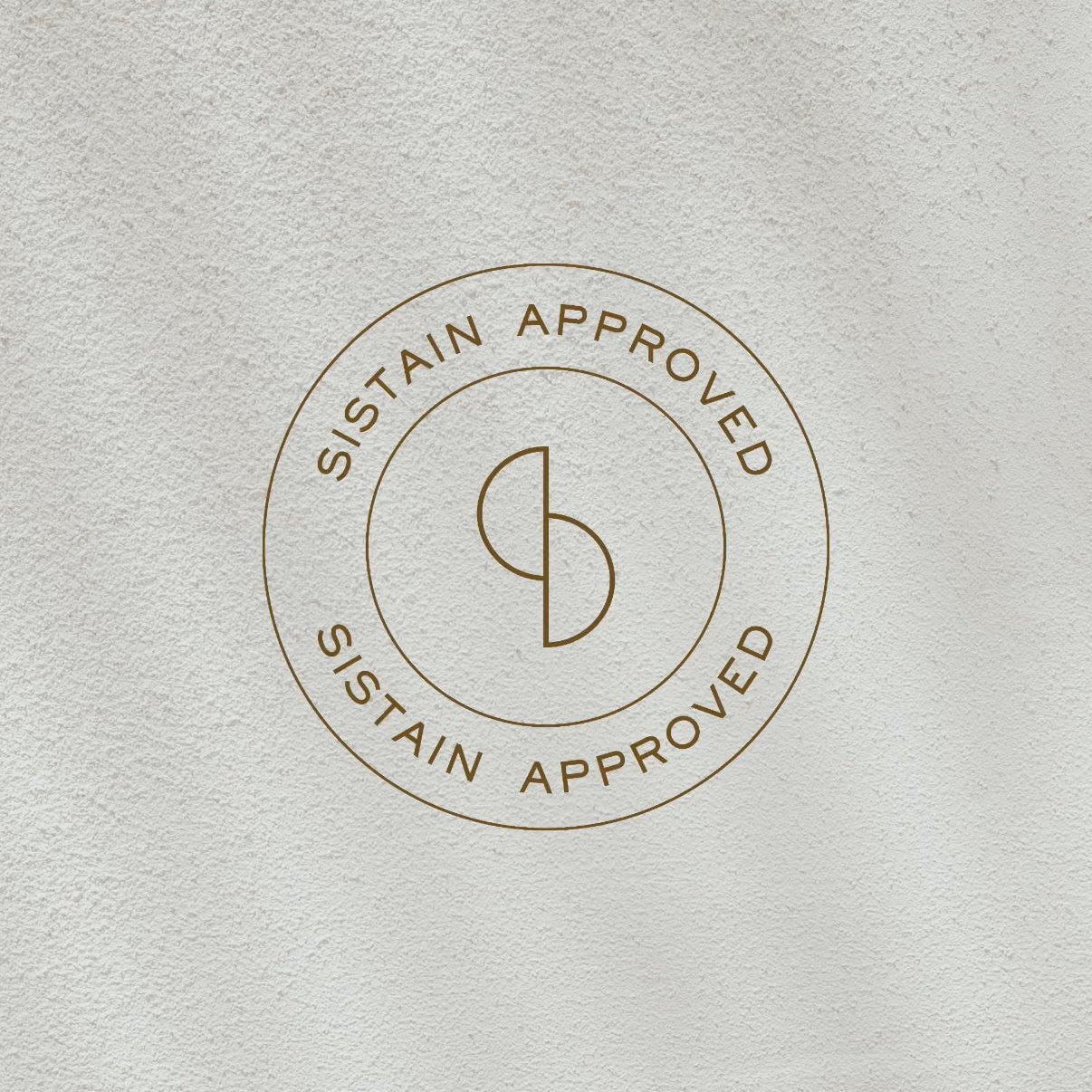
This product is SISTAIN Approved
Toxin Free
SISTAIN does the work it takes to assess that the brands and products are SISTAIN Approved, free of toxins, sustainably made, better for you and better for the planet.
